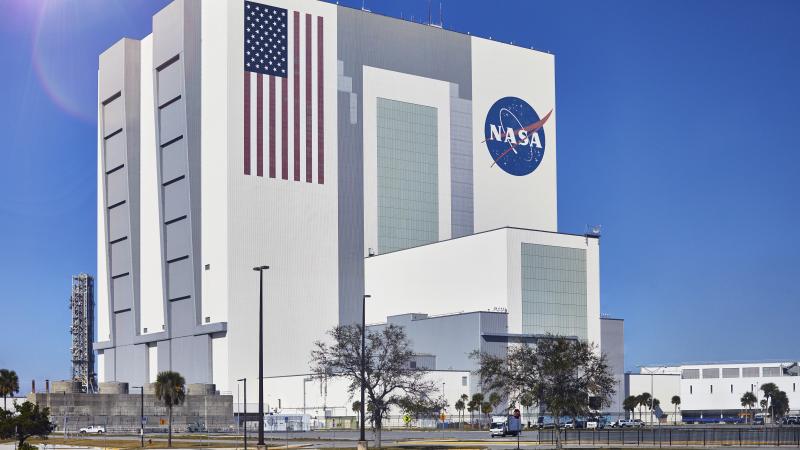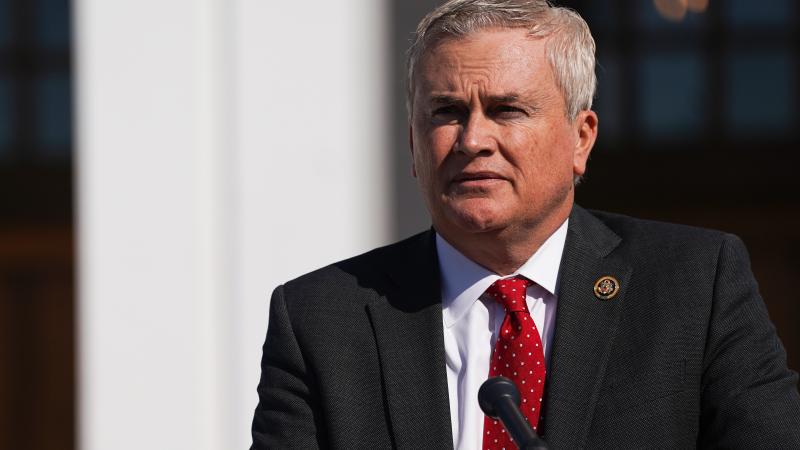Science journals' political meddling erodes trust in science, doesn't change political views: study
Findings come amid plummeting U.S. confidence in scientific, medical institutions.
Science is supposed to be based on objective facts, not opinions. Typically, these facts are introduced to the public via peer-reviewed scientific journals. In recent years, however, once highly respected journals have deviated from this time-honored norm, opining on political campaigns and controversies that have little, if anything, to do with science.
The diversion of science journals into the political arena has not only harmed these publications' own credibility, it has also further eroded the public's trust in the larger scientific community, according to a new study published in Nature Human Behavior by economist Floyd Zhang. The study focuses its criticisms on Nature, one of the world's leading journals and the flagship publication of the portfolio that includes Nature Human Behavior.
A month before the 2020 presidential election took place, Nature published a controversial editorial openly supporting then-Democratic nominee Joe Biden. Blasting then-President Donald Trump's "disastrous response to the COVID-19 pandemic," the editorial also criticized the former president's supposed isolationist and nationalistic tendencies. The prospect of Trump's reelection, warned Nature, was unthinkable.
Such high-profile political endorsements by major scientific journals, notes Zhang, raise numerous concerns, including "backlash against the endorsing organizations and scientific expertise." Nature's decision to endorse Biden caused "large reductions" in stated trust in the journal, particularly among Trump supporters, according to Zhang's study. This distrust had a cascade effect, lowering the demand for and trust in COVID-related information provided by Nature. Zhang found, moreover, that the endorsement also served to reduce Trump supporters' trust in the broader scientific community.
Zhang's findings are the latest in a growing body of evidence of declining public confidence in scientists, due in significant part to efforts to leverage scientific credentials and prestige in support of scientific publishers' political and public policy preferences. Pew Research Center, for example, reported in February 2022 that Americans' confidence in scientific institutions and those in the medical community had declined since the coronavirus outbreak, dragged down by growing mistrust among Republicans.
Three months after the Pew report, the Association of American Medical Colleges (AAMC) asked, "Why do so many Americans distrust science?"
"Medical science faces a credibility crisis that threatens its ability to protect people's health," the AAMC reported. "Scientists", warned the authors, "need to grasp the forces sowing suspicion about their work."
Almost a year on from this warning, trust in the scientific community is still low. A recent study, published on March 6 in the journal Health Affairs, found that millions of Americans believe that many decisions made by scientific agencies are more likely to be influenced by politics than by authentic science.
Not only is the impulse to inject politics into science further eroding the scientific community's reputation, according to Zhang, but the meddling appears to be failing on its own avowed political terms.
Besides alienating Trump supporters, his study found, Nature's decision to endorse Biden had little effect on Biden supporters. Although the "estimated effects on Biden supporters' trust in Nature and scientists were positive," writes Zhang, they were "small and mostly statistically insignificant." On the other hand, he found very little evidence suggesting that the endorsement changed the public's views on either Biden or Trump. These results, according to the author, "show that political endorsement by scientific journals can undermine and polarize public confidence in the endorsing journals and the scientific community."
Throughout the paper, the Stanford PhD's message to the scientific community is loud and unambiguous. While endorsing Democratic candidates in these deeply polarizing times ultimately risks alienating more Americans and intensifying scientific mistrust, there is ”there is little evidence," he concluded, "that seeing the endorsement message changes opinions about the candidates."
















